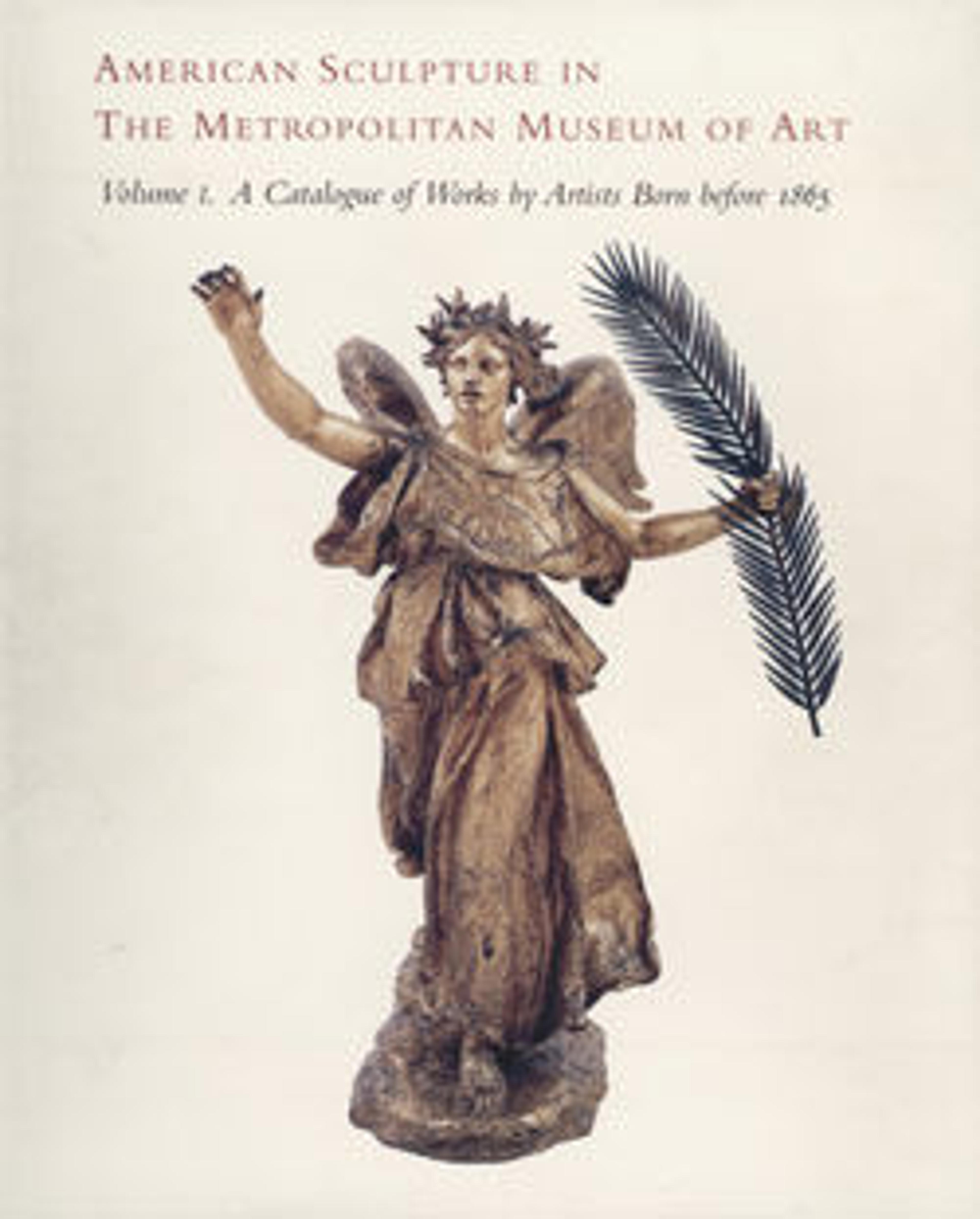Aqua Viva
Elwell modeled "Aqua Viva" in Paris under the guidance of Alexandre Falguière, his teacher at the Ecole de Beaux-Arts. This unique bronze was cast two years later in Brussels, presumably while Elwell was studying architecture in Ghent. The sculpture was first exhibited in the Paris Salon of 1885 under the more descriptive title: "Aqua Viva: Porteur d'eau de Pompei [sic]." It depicts a youth peddling water in the streets of ancient Pompeii; the title, Aqua Viva, refers to his call: “Fresh water!” Although Elwell did not consider this work characteristic of any particular school, "Aqua Viva" reflects the sculptor's Parisian training in style and choice of subject. The surface of the bronze has a textural quality typical of late-nineteenth century Beaux-Arts sculpture. The selection of theme was no doubt a product of the widespread fascination with Pompeian culture manifested in artworks by the likes of Jean-Léon Gérôme and Sir Lawrence Alma-Tadema.
Artwork Details
- Title: Aqua Viva
- Artist: Frank Edwin Elwell (1858–1922)
- Date: 1884
- Culture: American
- Medium: Bronze
- Dimensions: 48 x 18 1/2 x 24 in. (121.9 x 47 x 61 cm)
- Credit Line: Gift of the artist, 1888
- Object Number: 88.9
- Curatorial Department: The American Wing
More Artwork
Research Resources
The Met provides unparalleled resources for research and welcomes an international community of students and scholars. The Met's Open Access API is where creators and researchers can connect to the The Met collection. Open Access data and public domain images are available for unrestricted commercial and noncommercial use without permission or fee.
To request images under copyright and other restrictions, please use this Image Request form.
Feedback
We continue to research and examine historical and cultural context for objects in The Met collection. If you have comments or questions about this object record, please contact us using the form below. The Museum looks forward to receiving your comments.
